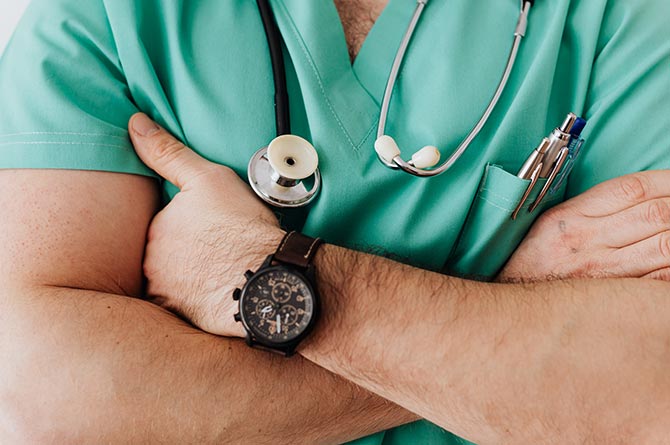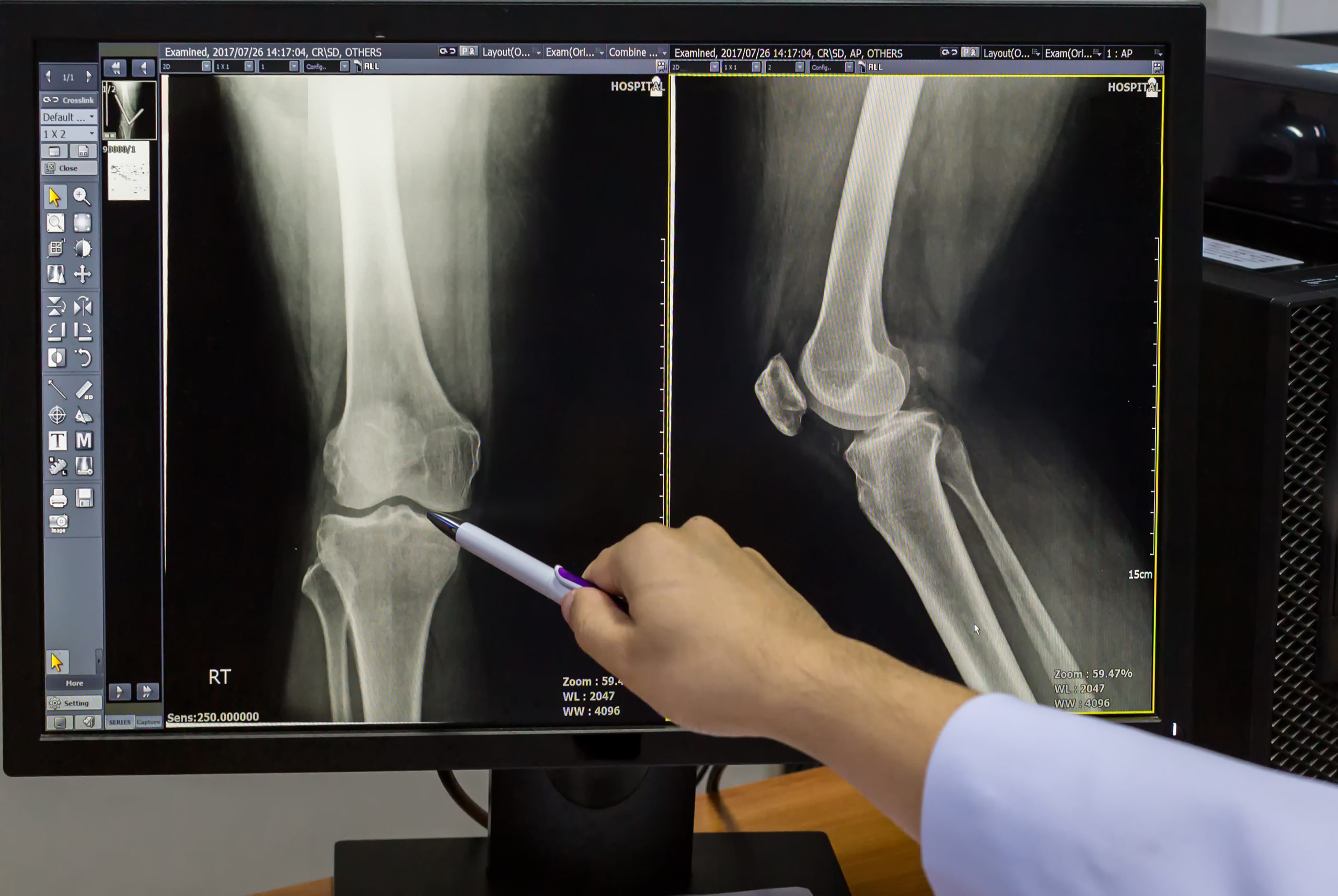Health
Dechox yourself

HUNDREDS and thousands of chocoholic residents in Wales say they would find it easier to give up sex, coffee and social media than chocolate, according to a new British Heart Foundation (BHF) survey.
The figures, which reveal the country’s unhealthy obsession with chocolate, show that a staggering one in six respondents would find it easier to give up sex (15%) and a fifth would rather kick their coffee habit (18%) than chocolate. If these results were repeated countrywide, around 380,000 adults would find it easier to give up sex and 460,000 would rather ditch caffeine than chocolate.
Around a quarter polled (around 590,000 adults) would rather give up social media or nights in, watching their favourite shows on Netflix (23%).
The figures have been released on the eve of the BHF’s Dechox campaign – the charity’s annual challenge to get people to give up chocolate for the month of February to raise funds for the BHF’s life-saving research.
Wales’ infatuation with chocolate is clear to see and it seems that many can’t get the sweet stuff off their mind. On average, people think about chocolate three times a day – the equivalent of 1,095 times a year.
This leads to the average person eating chocolate five times a week, consuming around 180g – the equivalent of four small chocolate bars. In total, the adult population in Wales consumes an estimated 463 tonnes of chocolate a week – the same weight as 37 double-decker buses.
For many people, the extent of their love for chocolate leads to them keeping it hush-hush by indulging away from prying eyes. Around a third of people (31%) have admitted to waking up in the middle of the night and eating chocolate, and over two-fifths of the population in Wales have waited until a partner, friend or family member has left the room before tucking into their chocolate treats (42%).
People just can’t seem to live without chocolate, with only one in six people (15%) previously attempting to erase chocolate from their diet. This February, the BHF is encouraging everyone to put their will power to the test by giving up chocolate for the entire month to help raise money for life-saving research into heart and circulatory diseases.
Adam Fletcher, Head of BHF Cymru, said: “Our love of chocolate is plain to see and we are undoubtedly infatuated with the sweet stuff. From the moment we wake up to go to sleep, this survey reveals the lengths people will go to so they don’t have to part with their chocolate.
“By challenging yourself to a Dechox this February, you will be able to put your will power to the test whilst raising funds for our vital research. Ditching the chocolate for 28 days will leave you feeling like you’ve conquered something huge and the money you raise will help fund breakthroughs to help beat heart and circulatory diseases for good.”
Send chocolate packing and challenge yourself to a Dechox this February. Give up chocolate for a month, and raise funds for BHF’s life-saving research.
Find out more at: www.bhf.org.uk/dechox

Health
Resident doctors in Wales vote to accept new contract

RESIDENT doctors across Wales have voted to accept a new contract, with 83% of those who took part in a referendum backing the agreement, according to BMA Cymru Wales.
The contract includes a four per cent additional investment in the resident doctor workforce and introduces a range of reforms aimed at improving training conditions, wellbeing and long-term workforce sustainability within NHS Wales. The BMA says the deal also supports progress towards pay restoration, which remains a central issue for doctors.
Key changes include new safeguards to limit the most fatiguing working patterns, measures intended to address medical unemployment and career progression concerns, and reforms to study budgets and study leave to improve access to training opportunities.
Negotiations between the BMA’s Welsh Resident Doctors Committee, NHS Wales Employers and the Welsh Government concluded earlier this year. Following a consultation period, a referendum of resident doctors and final-year medical students in Wales was held, resulting in a clear majority in favour of the proposals.
Welsh Resident Doctors Committee chair Dr Oba Babs Osibodu said the agreement marked a significant step forward for doctors working in Wales.
He said: “We’re proud to have negotiated this contract, which offers our colleagues and the future generation of doctors safer terms of service, fairer pay, and better prospects so that they can grow and develop their careers in Wales.
“This contract will help to retain the doctors already in training, and also attract more doctors to work in Wales, where they can offer their expertise and benefit patients.”
Dr Osibodu added that the BMA remains committed to achieving full pay restoration and acknowledged that challenges remain for some doctors.
“Whilst this contract sets the foundations for a brighter future for resident doctors in Wales, we recognise that there are still doctors who are struggling to develop their careers and secure permanent work,” he said. “We need to work with the Welsh Government and NHS employers to address training bottlenecks and underemployment.”
The Welsh Government has previously said it recognises the pressures facing resident doctors and the importance of improving recruitment and retention across NHS Wales, while also highlighting the need to balance pay agreements with wider NHS funding pressures and patient demand.
The new contract is expected to be phased in from August 2026. It will initially apply to doctors in foundation programmes, those in specialty training with unbanded rotas, and new starters, before being rolled out to all resident doctors across Wales.
Health
NHS Wales spends more than £15.5m on agency radiographers as pressures grow

NHS WALES has spent more than £15.5 million on agency radiography staff over the past five years, as mounting pressure on diagnostic imaging services raises concerns about long-term workforce sustainability.
Figures obtained by the Welsh Liberal Democrats through Freedom of Information requests show that spending on temporary radiographers almost doubled between 2020/21 and 2023/24, despite relatively low headline vacancy rates across Welsh health boards.
Radiographers carry out X-rays, CT, MRI and ultrasound scans, which are essential to emergency care, cancer diagnosis, trauma treatment and elective surgery. Delays or shortages in imaging services can have a knock-on effect across patient pathways, slowing diagnosis and treatment.
The data also highlights an ageing workforce. More than a quarter of radiographers in Wales are aged over 50, with more than one in ten aged 55 or above. In some health boards, a significantly higher proportion of staff are approaching retirement age, raising concerns that experienced radiographers could leave faster than they can be replaced.
Betsi Cadwaladr University Health Board recorded the highest agency spend, at more than £8.1m over the period covered by the FOI requests. Other health boards also reported growing reliance on temporary staff to maintain services, particularly where specialist skills are required.
While official vacancy figures remain comparatively low, professional bodies have previously warned that vacancy data does not always reflect pressure on services, as posts can be held open or covered through overtime and agency staff rather than filled permanently.
Diagnostic imaging demand has increased steadily in recent years, driven by an ageing population, advances in medical imaging technology, and rising referrals linked to cancer and long-term conditions.
Commenting on the findings, Welsh Liberal Democrat Leader Jane Dodds MS said:
“Radiographers are absolutely vital to the NHS. From diagnosing cancer to treating people in A&E, the vast majority of patient journeys depend on timely access to scans.
“These figures show a system increasingly relying on expensive agency staff while failing to plan properly for the future workforce. That is not fair on patients, and it is not fair on staff who are already under huge pressure.
“The Welsh Labour Government must take urgent action to improve recruitment and retention, support experienced staff to stay in the workforce for longer, and ensure NHS Wales has a sustainable radiography workforce fit for the future.”
The Welsh Government has previously said it is working with health boards to improve recruitment and retention across NHS Wales, including expanding training places and supporting flexible working arrangements to help retain experienced staff. Ministers have also pointed to record numbers of staff working in the NHS overall, while acknowledging ongoing challenges in hard-to-recruit specialties.
However, opposition parties and professional bodies continue to warn that without long-term workforce planning, reliance on agency staff could increase further, adding to costs and pressure on already stretched diagnostic services.
Health
‘Children spending more time in digital worlds than the real one’

CHILDREN are spending more time in digital worlds than the real one, the Senedd has heard, with excessive screen use shaping behaviour and health in ways society cannot ignore.
Labour’s John Griffiths expressed concerns about the impact of smartphones and online gaming on young people amid an “epidemic of screen use” in Wales.
Mr Griffiths titled the debate “Locked in, Bruh!” – “the state of playing a video game while oblivious to anything else” – on the suggestion of Tom, a teenager from Newport.
He raised research from the Centre for Social Justice, a thinktank, which estimates that up to 814,000 UK children aged three to five are already engaging with social media.
The Newport East Senedd Member told the chamber two-thirds of primary school pupils in Wales have their own smartphone by the age of 11.
Mr Griffiths said boys spend two hours more a day on online gaming while girls spend more time on social media and “reel scrolling” which has been linked to damaging self-esteem.
He told Senedd Members: “Boys are becoming more short-tempered and violent when exposed to violent video games and there is, rightly, much concern that children in more deprived families are particularly vulnerable.”
Mr Griffiths, who was first elected in 1999 and will stand down in 2026, said children aged five to 16 spend at least six hours a day looking at a screen. He added that for children, aged 11 to 14, that figure rises to nine hours a day.
He pointed to research showing more than 70% of young people in the UK do not undertake an hour of physical activity a day yet have at least six hours to spend looking at a screen.
He said: “Children are sat inside with a screen at the end of their nose and are not spending time outside enjoying their local communities or playing and interacting with friends.”
Mr Griffiths warned of increasing levels of obesity and rising numbers of young people reporting vision problems, with one in three children globally now short-sighted.
He told the Senedd: “As for the mental health and wider social impacts, anxiety and depression are increasingly linked to excessive screen use as is sleep disruption – with social media interfering with rest and emotional development.”
He raised a New Zealand study of more than 6,000 children that found a correlation between excessive screen time and below-average performance in literacy and numeracy. He warned children have increasingly shortened attention spans and an inability to concentrate.
Mr Griffiths shared the case of his constituent, Danielle, who said her son becomes more aggressive and snappier after a significant time gaming. Lucy, another constituent, explained how her children find the endless reels on social media addictive.
“Once they start scrolling, it’s hard to break that cycle,” the Senedd Member said. “And when she and her husband take the devices away, it often results in tantrums and tears.”
Mr Griffiths raised the example of countries such as Australia, France and Italy which have introduced strict age checks and bans on social media for under 16s.
He acknowledged such a policy would need to come from the UK Government because powers over internet services are not devolved. But he said Wales has the authority to introduce measures through education policy on, for example, smartphones in schools.
The Tories’ Sam Rowlands warned algorithms are having a “sickening” effect on teenagers who are eight times more likely to act on self-harm urges when exposed to such content. “TikTok users with eating disorders receive over 4,000% more toxic content,” he warned.
Responding to Wednesday’s (December 17) debate, Jane Hutt recognised how so-called doom scrolling can have a detrimental impact on young people.
Wales’ social justice secretary said: “We are living through profound change. Childhood today is shaped by technology in ways that were unimaginable a generation ago… For many young people, screens, smartphones and online gaming are part of everyday life.”

-

 Crime1 day ago
Crime1 day agoMilford Haven man jailed after drunken attack on partner and police officers
-

 News4 days ago
News4 days agoDyfed-Powys Police launch major investigation after triple fatal crash
-

 Crime1 day ago
Crime1 day agoTeenager charged following rape allegation at Saundersfoot nightclub
-

 Crime2 days ago
Crime2 days agoMan charged with months of coercive control and assaults
-

 Crime3 days ago
Crime3 days agoMan sent to Crown Court over historic indecent assault allegations
-

 Crime5 days ago
Crime5 days agoMan spared jail after baseball bat incident in Milford Haven
-

 Crime3 days ago
Crime3 days agoMilford Haven man admits multiple offences after A477 incident
-

 Crime2 days ago
Crime2 days agoWoman ‘terrified in own home’ after ex breaches court order





















